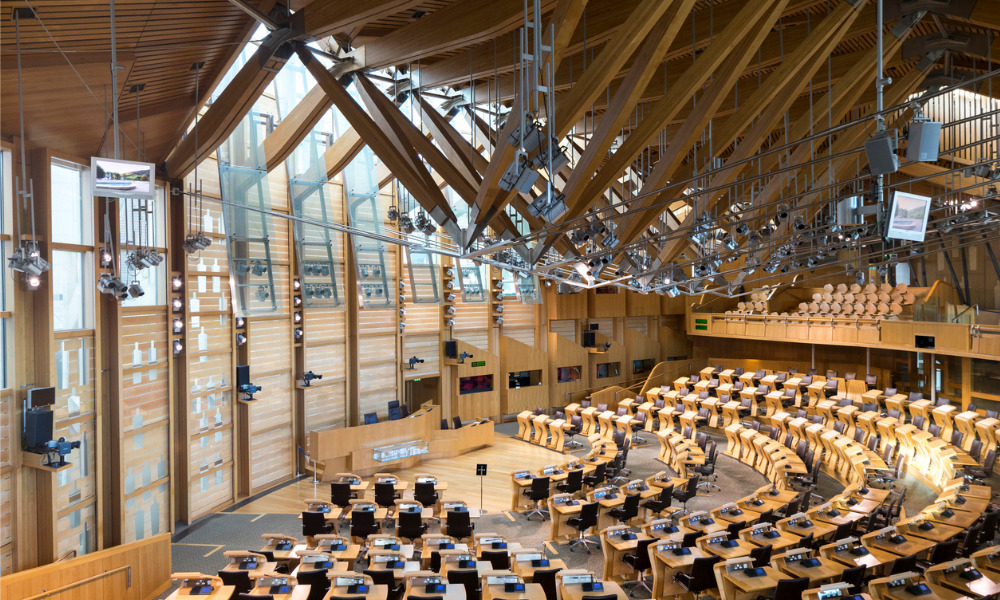Ruling is a blow to hopes for Scottish independence

Five Supreme Court justices have ruled unanimously that the Scottish Parliament does not have the power to legislate for a second referendum, reported the Law Society Gazette.
The judgment is the latest step in the Scottish government's bid to repeat the 2014 referendum in which 55% of voters opposed independence.
The impact of a second referendum would have ‘important political consequences’ for the UK parliament, the court heard.
The Gazette reported a statement made by court president Lord Reed: “The court is not asked, and cannot be asked, to express a view on the political question of whether Scotland should become an independent country. Its task is solely to interpret the relevant provisions of the Scotland Act and decide whether the proposed Bill would relate to reserved matters.
“The court also accepts the lord advocate’s argument that it is in the public interest that the court should decide the question referred to it. The reference has been made in order to obtain an authoritative ruling on a question of law which has already arisen as a matter of public importance.”
The judgment was made in shorter time than was indicated might be necessary thanks to a unanimous decision from justices, reported the Gazette. The judgment was also “prioritised over less urgent matters.”
Lord Reed said: “A lawfully held referendum would have important political consequences in relation to the union and the United Kingdom parliament. Its outcome would possess the authority, in a constitution and political culture founded upon democracy, of a democratic expression of the view of the Scottish electorate,” reported the Gazette.
“It would either strengthen or weaken the democratic legitimacy of the union and of the United Kingdom parliament’s sovereignty over Scotland, depending on which view prevailed, and would either support or undermine the democratic credentials of the independence movement,” added Lord Reed.
Her told the court that the Scottish Parliament does not have the power to legislate for a referendum on Scottish independence.
The Scottish National Party has argued that a second independence referendum should be held following Brexit.










